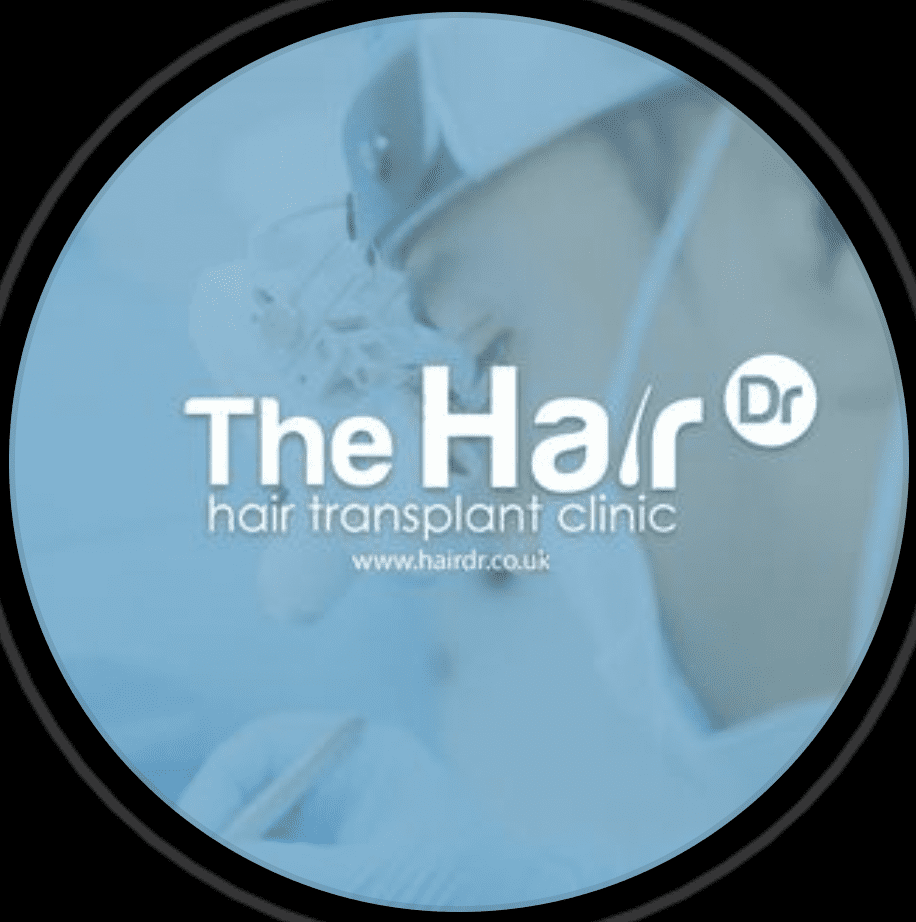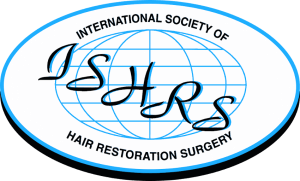Hair loss is a common concern that affects millions of people worldwide. While genetics and aeging play significant roles in hair thinning, vitamin deficiencies can also contribute to this issue. Understanding which vitamin deficiency causes hair loss is crucial for maintaining healthy hair follicles and preventing excessive shedding. In this comprehensive guide, we delve into the intricate relationship between vitamins and hair health, exploring the role of essential nutrients in promoting strong, resilient strands.
Vitamin Deficiency and Hair Loss: An In-depth Analysis
Vitamin A: The Double-Edged Sword
Vitamin A is essential for cell growth and differentiation, including those of the hair follicles. However, excessive intake of vitamin A can lead to hair loss, making it vital to strike a delicate balance.
Vitamin B7 (Biotin): The Hair Growth Hero
Biotin, also known as vitamin B7 or vitamin H, is renowned for its role in promoting hair growth and strengthening hair follicles. Deficiencies in biotin can result in brittle hair and hair loss.
The Importance of Biotin-Rich Foods
Incorporating biotin-rich foods such as eggs, nuts, seeds, and leafy greens into your diet can help combat biotin deficiency and support healthy hair growth.
Vitamin D: Shedding Light on Hair Loss
Vitamin D plays a crucial role in hair follicle cycling and immune function. Insufficient levels of vitamin D have been linked to alopecia, a condition characterised by hair loss.
Sunlight and Vitamin D Synthesis
Spending time outdoors and exposing your skin to sunlight is a natural way to boost vitamin D levels and promote overall hair health.
Iron Deficiency: Unveiling the Connection to Hair Thinning
Iron deficiency anemia is a common cause of hair loss, particularly in women. Iron plays a vital role in oxygen transport, and inadequate iron levels can disrupt the hair growth cycle.
Incorporating Iron-Rich Foods
Consuming iron-rich foods such as lean meats, legumes, fortified cereals, and dark leafy greens can help prevent iron deficiency and support optimal hair health.
Vitamin E: Nourishing Your Scalp
Vitamin E possesses antioxidant properties that help protect hair follicles from oxidative stress. Additionally, vitamin E promotes blood circulation to the scalp, fostering healthy hair growth.
Topical Applications of Vitamin E
Applying vitamin E oil directly to the scalp can nourish the hair follicles and alleviate dryness, enhancing overall hair texture and appearance.
Other Essential Nutrients for Hair Health
In addition to vitamins A, B7, D, and E, several other nutrients play integral roles in maintaining healthy hair, including zinc, selenium, and omega-3 fatty acids.
Frequently Asked Questions (FAQs)
Can vitamin deficiency cause hair loss?
Yes, deficiencies in certain vitamins, such as biotin, vitamin D, and iron, can contribute to hair loss by disrupting the hair growth cycle.
How can I determine if I have a vitamin deficiency?
Consulting with a healthcare professional and undergoing blood tests can help identify potential vitamin deficiencies and guide appropriate treatment measures.
Are supplements effective for treating hair loss due to vitamin deficiency?
Supplements containing biotin, vitamin D, iron, and other essential nutrients may help improve hair health in individuals with deficiencies. However, it’s essential to consult with a healthcare provider before starting any new supplement regimen.
Can stress exacerbate hair loss caused by vitamin deficiency?
Yes, stress can exacerbate hair loss by disrupting the body’s nutrient absorption and hormone balance, further exacerbating the effects of vitamin deficiencies on hair health.
Are there any natural remedies for combating hair loss?
In addition to dietary changes and supplementation, incorporating scalp massages, aromatherapy, and stress-reduction techniques into your routine may help promote hair growth and reduce hair loss.
How long does it take to see results from addressing vitamin deficiencies?
The timeline for seeing improvements in hair health varies depending on individual factors such as the severity of the deficiency, adherence to treatment, and overall health status. In some cases, noticeable improvements may be observed within a few weeks to months.
Conclusion:
In conclusion, understanding the impact of vitamin deficiencies on hair health is essential for combating hair loss and promoting optimal hair growth. By incorporating nutrient-rich foods, supplements, and lifestyle modifications into your daily routine, you can nourish your hair from within and achieve a vibrant, luscious mane.
Consult with one of our healthcare professionals for personalised advice and guidance tailored to your specific needs and concerns. Contact us today









